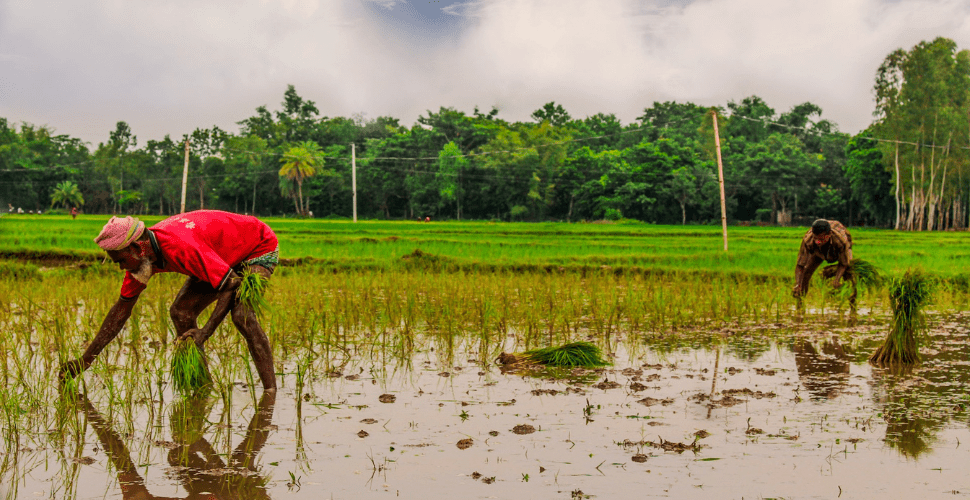
One of the costs of climate change inaction? Slavery
Bangladesh is one of the most vulnerable countries to climate change. And according to new research by the International Institute for Environment and Development (IIED), the lack of climate resilient infrastructure and a social safety net is leaving Bangladeshi climate migrants paying the price. Climate Home News reports the study found almost all Bangladeshi migrants who leave to find work in other areas of the country or overseas in Gulf States are landing in some form of modern slavery.
Cyclones, floods and a vicious cycle of vulnerability
According to recent global weather analysis, extreme weather events that lead to disaster have gone up from an average of four, to a shocking seven per year. In Bangladesh that means more flash floods coupled with creeping sea-level, and salinity rise. With their farmland and fresh drinking water ruined, many subsistence households face the choice to starve or leave.
Chiara Soletti, a climate change advocacy manager at Anti-Slavery International stated:
“When migration happens under distressing conditions without choice or proper safeguards, the risk of exploitation and modern slavery increases significantly.”
Researchers conducted dozens of interviews and surveyed nearly 650 households in two of the hardest hit districts in Bangladesh. Almost all of those interviewed reported at least one family member had been forced to leave to find work elsewhere. Regardless of whether they sought work in other areas of the country or overseas in Gulf countries, the result was the same. Nine out of every ten migrants experienced some form of modern slavery.
